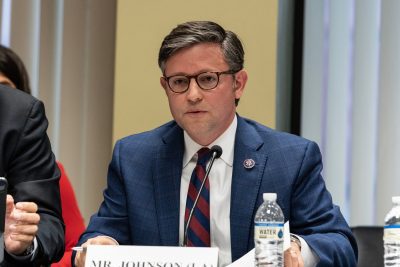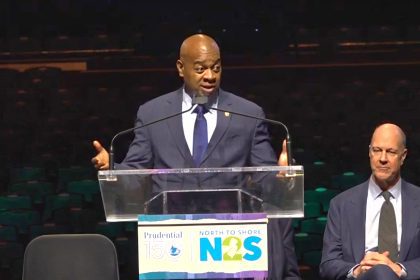 Neo-conservative Sen. Marco Rubio, R-Fla., ran a winning campaign last fall by repeatedly reminding Florida voters that his parents fled Cuba after Fidel Castro took control of the country. However, the Washington Post has obtained records that dispute that. A review of various documents show that Rubio’s parents actually arrived in the United Stated more than 2 ½ years before Castro overthrew the Cuban government on New Year’s Day 1959. The documents that dispute Rubio’s account of his family’s history in American were naturalization records and other official records.
Neo-conservative Sen. Marco Rubio, R-Fla., ran a winning campaign last fall by repeatedly reminding Florida voters that his parents fled Cuba after Fidel Castro took control of the country. However, the Washington Post has obtained records that dispute that. A review of various documents show that Rubio’s parents actually arrived in the United Stated more than 2 ½ years before Castro overthrew the Cuban government on New Year’s Day 1959. The documents that dispute Rubio’s account of his family’s history in American were naturalization records and other official records.
The Rubios did nothing more than scores of other immigrant families: came to America for a better life. The year they arrived, however, Castro was in Mexico planning his future return to Cuba and overthrow of the government. Rubio used the contrived arrival date as political collateral that otherwise would be beneficial to him. The alternative, a pre-Castro exodus, is sometimes viewed with suspicion in the Latino community.
While stumping for the role of speaker of the Florida House in 2006, Rubio again detailed his then-version of his parent’s arrival, “in January of 1959, a thug named Fidel Castro took power in Cuba and countless Cubans were forced to flee and come here, many — most — here to America. When they arrived, they were welcomed by the most compassionate people on all the Earth.” It is a theme designed to resonate with potential voters who share a common cultural background as well as invoke American pride. The tactic is common in political campaigns and often successful when based on truth. Rubio was the first Cuban-American speaker of the house.
Rubio has run on a ultra-conservative platform that questions the creation of and continued need for Social Security and Medicare. His name is reportedly on the short list to run as a vice-presidential candidate on the GOP ticket in the 2012 presidential election. While speaking at the Reagan Library in August 2011 Rubio had this to say:
These programs actually weakened us as a people. You see, almost forever, it was institutions in society that assumed the role of taking care of one another. If someone was sick in your family, you took care of them. If a neighbor met misfortune, you took care of them. You saved for your retirement and your future because you had to. We took these things upon ourselves in our communities, our families, and our homes, and our churches and our synagogues. But all that changed when the government began to assume those responsibilities. All of a sudden, for an increasing number of people in our nation, it was no longer necessary to worry about saving for security because that was the government’s job.

















